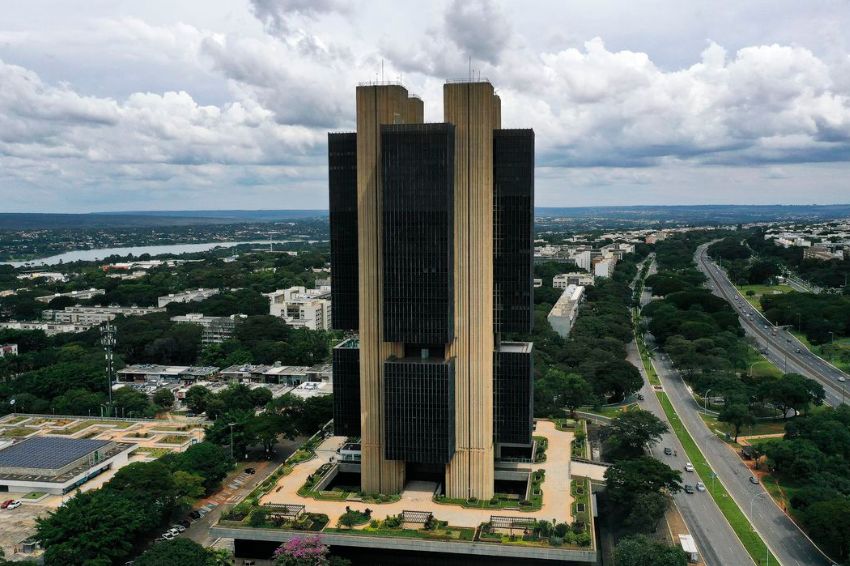For the first time in almost three years, the Copom (Monetary Policy Committee) of the central bank decided to reduce the basic interest rate of the Brazilian economy in 0.5 pp (percentage point): from 13,75% to 13,25% per year.
A decision surprised much of the financial market, which expected a cut of 0.25 pp In a note, the committee highlighted that the improvement in the inflation scenario was what made the Selic reduction possible.
The agency also reported that the collegiate members predict further interest rate cuts in the next meetings of the council.
A The last time Brazil reduced the Selic rate was in August 2020, when the economic indicator fell from 2.25% to 2% per year.
After that, the Copom raised the indicator 12 consecutive times, in a cycle that began amid rising prices in sectors such as food, electricity and fuel.
In August 2022, the basic interest rate reached 13.75% per year, remaining unchanged for seven consecutive times.
Banks reduce fees
A Copom decision motivated the public banks to rush to announce lower credit rates for your customers.
A Caixa Econômica Federal, for example, announced the reduction from 1.74% to 1.70% per month of credit granted to INSS (National Social Security Institute) beneficiaries and pensioners.
O Bank of Brazil also reduced INSS payroll interest, from 1.81% to 1.77% per month at the minimum level and from 1.95% to 1.89% per month at the maximum level.
“The drop in interest rates in the country allows cheaper credit for families and companies, especially MSEs (micro and small companies)”, said Taciana Medeiros, president of Banco do Brasil.
Impacts on the solar sector
Despite not believing that the lower Selic rate will have major impacts in the short term for the Brazilian economy, professionals interviewed by Solar Channel consider that the measure is a good sign for the solar energy sector.
“The attractiveness of investment in solar energy tends to improve, with the decline in the attractiveness of other investments, such as fixed income”, highlights Carlos Bouhid, CEO of Sunny, a company that offers financing for the photovoltaic sector.
The same thought is shared by Roberto Caurim, CEO of Bluesun – distributor that has financing solutions for solar kits. The professional said that he welcomes the reduction in interest rates at this time.
According to him, although this type of reduction takes at least six months to start appearing in the real economy, the great result is due to the injection of encouragement that a decision like this generates for the economy as a whole.
“The expectation is that this reduction will generate positivity in the market and that consumers will use more of the money that is currently in a fixed income for their projects and personal investments, including the purchase of photovoltaic systems,” he said.
















